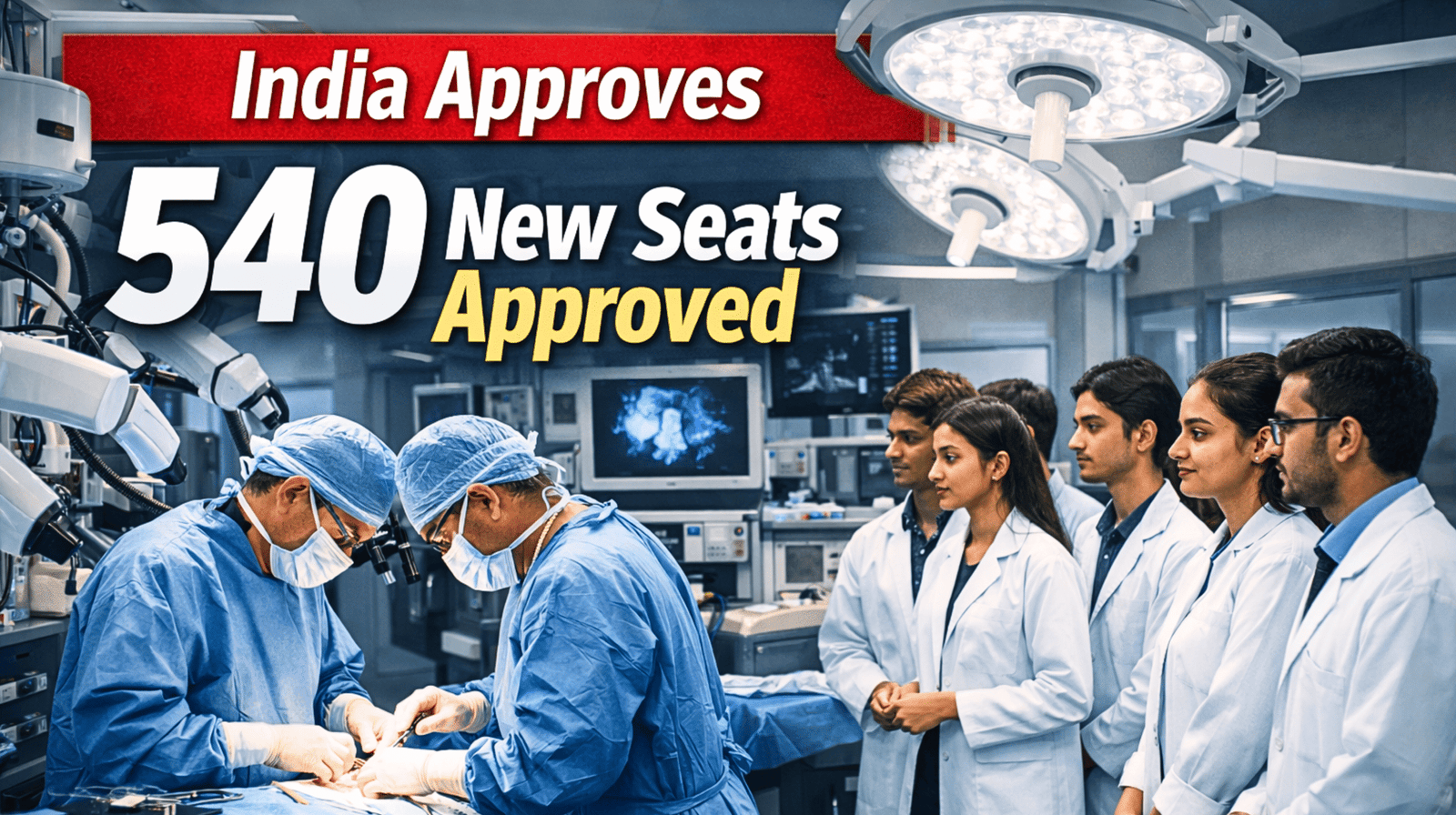In a significant move aimed at transforming the Indian educational landscape, the Central Board of Secondary Education (CBSE) is set to introduce Open Book Examinations (OBE) for students of Class 9. As reported by the Times of India, this initiative, aligned with the National Education Policy (NEP) 2020 guidelines, is scheduled for pilot implementation in select schools for the academic year 2026-27.
This strategic shift marks a departure from the conventional rote-learning assessment model and is a direct step towards fulfilling the NEP’s vision of fostering critical thinking, analytical abilities, and problem-solving skills among students.
What are Open Book Examinations (OBE)?
Contrary to popular belief, OBEs are not about simply copying answers from a textbook. Instead, this assessment format allows students to consult their textbooks, notes, and other pre-approved study materials during the exam. The questions are designed to be higher-order, requiring students to apply concepts, analyze information, and synthesize knowledge rather than just recall memorized facts.
The Official Plan and Rationale
As per the official report, the CBSE’s plan involves:
- Pilot Testing: The OBE system will first be tried out in a few select schools for Class 9. This cautious, phased approach will allow the Board to evaluate the effectiveness of the format, identify potential challenges, and fine-tune the implementation strategy before a wider rollout.
- Alignment with NEP 2020: This move directly addresses the NEP’s emphasis on competency-based learning. The policy advocates for assessments that measure core capacities such as critical thinking and application of knowledge, moving away from an over-reliance on memory-based testing.
- Reducing Exam Stress: By allowing students access to resources, the format aims to reduce the immense pressure associated with memorizing vast syllabi. The focus shifts to understanding and application, potentially creating a less stressful and more engaging exam experience.
What This Means for Students and Educators
For students currently in middle school who will reach Class 9 by 2026-27, this change signifies a need to adapt their learning approach. Success in OBEs will depend on:
- Conceptual Clarity: A deep understanding of subjects will be paramount.
- Analytical Skills: The ability to quickly find relevant information and apply it to novel situations will be key.
- Time Management: Even with open books, exams will be timed, requiring efficient information processing.
For educators, this change will necessitate an evolution in teaching pedagogy. The focus in classrooms will need to shift from finishing the syllabus to facilitating understanding, encouraging discussion, and developing students’ analytical capabilities.
The Road Ahead
The introduction of Open Book Exams is a progressive step envisioned by the NEP and now being actioned by the CBSE. While the pilot is limited to Class 9 for now, its success could pave the way for similar reforms in other classes and subjects in the future.
This initiative reinforces the message that the future of education in India is not about what you can remember, but about what you can do with what you know.
Stay tuned to Careervarta for more updates on this and other official educational reforms as they develop.
Disclaimer: This article is based on official news reported by the Times of India. Careervarta advises students and parents to wait for detailed circulars and guidelines directly from the CBSE for specific information on the format and syllabus.









